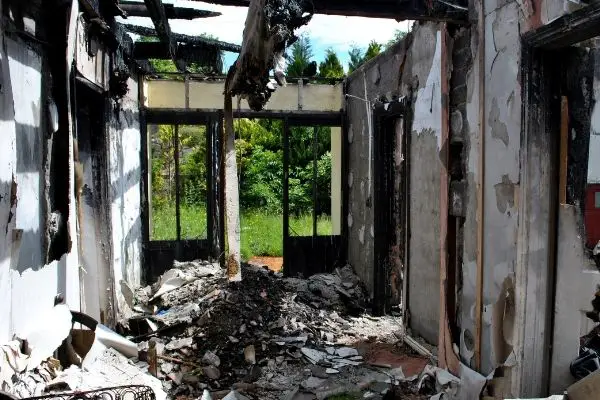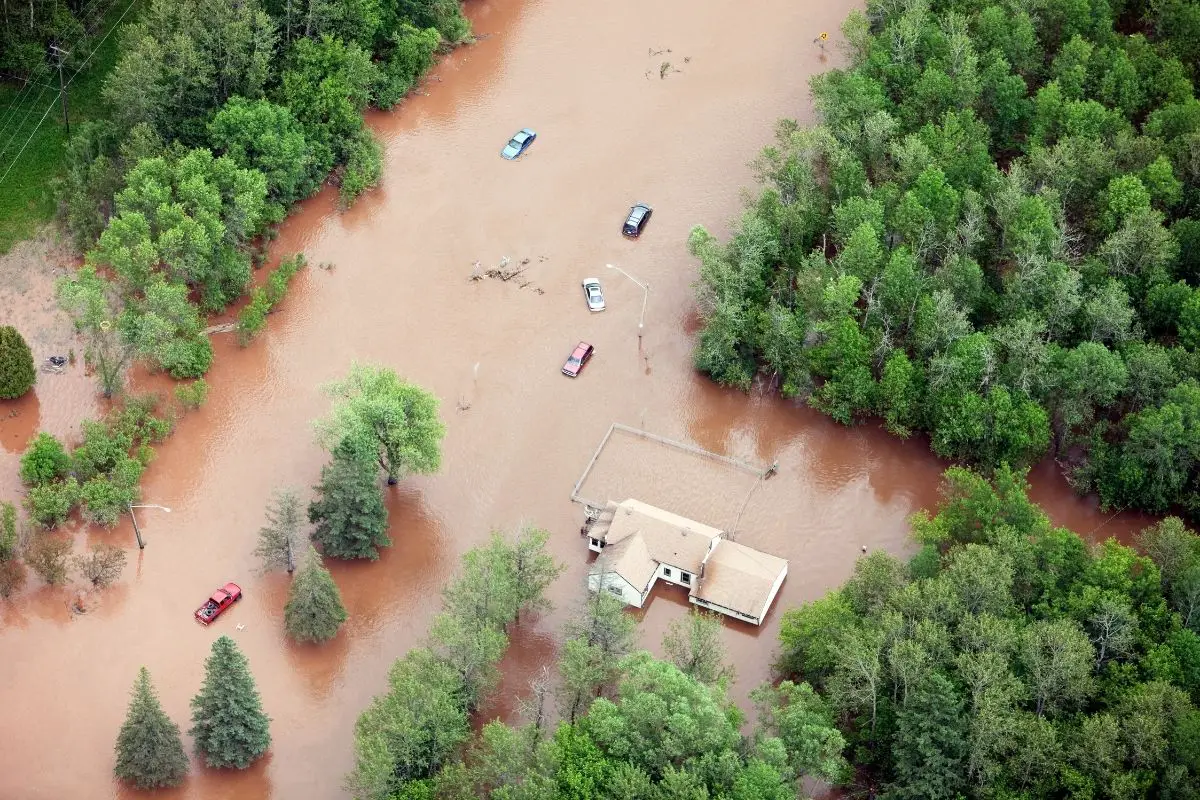Climate Change Impacts | Your Insurance Could Be Next
Whether we like it or not, climate change affects everyone. Sometimes, it does so in unexpected ways.
For the moment, we all have to live here on planet Earth, and changes to the environment will mean changes to our lives. Unfortunately, the grim possibilities predicted decades ago are already coming true in parts of the world.
As the climate continues to shift, natural disasters are almost certain to increase in frequency and severity. Because living in areas prone to extreme weather already costs more in terms of insurance premiums, those premiums will rise further as weather conditions grow even more extreme.
Simply put, this could put some kinds of insurance out of reach for many Americans. This isn’t speculation about a far-off future; it’s already happening now — such as the homeowners in California who struggled to find home insurance after wildfires in the area drove premium prices up to four times what they had been previously.
How Climate Change is Affecting the Insurance Industry
Things are already looking grim from within the insurance industry. Currently, because of the increasing prevalence of natural disasters, global calamities (and the accompanying financial losses) are expected to double every decade.

In 2019, the world lost $71 billion to natural disasters worldwide. In the United States, that means much larger payouts from insurance companies against natural disaster claims — which, in turn, means higher premiums if insurance companies are going to continue to turn a profit.
These effects aren’t limited to insurance claims related to events like flooding, droughts, wildfires, and other natural disasters — there’s also the financial impact from lost work, medical bills, liability, and other sources of insurance claims.
Here are just a few of the ways climate change could adversely affect insurance:
Home Insurance
As stated above, homeowners who live in “risky” areas — that is, areas prone to events like wildfires, flooding, earthquakes, and the like — already pay higher premiums for homeowner’s insurance, because they are more likely to make an expensive claim.
The trouble is, as climate change continues to worsen, more and more places will become “risky,” driving premiums higher for more homes, and quite possibly pricing some people out of the market, meaning they might have a home with no insurance.
Health Insurance
Although it may seem like climate change might not have a direct effect on health insurance premiums, there are actually some significant risks.
For one thing, natural disasters of any kind can easily lead to injuries, especially long-term injuries that might incur considerable medical and physical therapy costs — which will only cost more for insurers and policyholders alike as such injuries become more frequent.
Research shows that air pollution not only can cause asthma, but can also aggravate the condition of those who have respiratory conditions.

Another health-related issue many may not know about: the spread of disease. Much as animals move to warmer climes for the winter, insects such as mosquitoes will also spread to warmer areas — many of them bearing deadly diseases that already kill millions each year. As the entire earth grows warmer, so too will it become much more hospitable to those disease-bearing insects, meaning more deadly diseases will spread further and infect more people.
Car Insurance
Car insurance is much like homeowners’ insurance, in that living in a risky area means more potential insurance claims, which in turn leads to higher premiums. Weather events like hurricanes, wildfires, and floods can cost more in states prone to that sort of weather. While it’s possible to find cheaper car insurance in those areas, it still may not be enough to combat the rising cost of premiums.
Business Insurance
Although the popular media often loves to push the idea that consumers can make a big difference by reducing their personal carbon footprint — and make no mistake, that can and does make a huge difference and is hugely important — an even bigger issue that tends to get swept under the rug is that just 100 companies are responsible for 70% of carbon emissions.
These companies are mostly producers of fossil fuels, which are already a major culprit in the general degradation of the environment. As climate change leads to tightening regulations, companies with a large carbon footprint might be left with the choice of [improving their sustainability measures](It can be difficult to find hope in the face of the challenges climate change presents — they can seem insurmountable. But issues like these are just another reason in a long list of reasons why we should work to combat climate change now, while there’s still a chance we can avoid the worst. ), or paying considerably more in business insurance premiums.
Unfortunately, cost isn’t the only thing that could leave millions of Americans uninsured. Insurance companies can deny or even drop existing insurance if the risk is deemed too high. Individuals who have paid their premiums faithfully for decades could suddenly find their policies dropped by their insurers, through no fault of their own, leaving them with more expensive options, or possibly no options at all.
It can be difficult to find hope in the face of the challenges climate change presents — they can seem insurmountable. But issues like these are just another reason in a long list of reasons why we should work to combat climate change now, while there’s still a chance we can avoid the worst.





